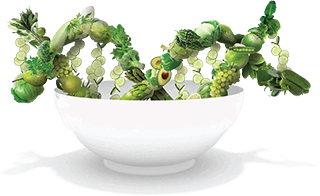Are artificial sweeteners helpful or harmful? You decide.
Artificial sweeteners can help replace some added sugar and reduce calorie and sugar intake. But they can promote an unhealthy shift in gut bacteria, and some studies have shown them adversely affecting kidney health.
How sweet is too sweet? Look at the comparison to sucrose (table sugar) for these common sweeteners 
Acesulfame potassium (Ace-K) – 200 times sweeter than sugar.
Aspartame (Equal)- 200 times sweeter than sugar.
Monk Fruit – 200 times sweeter than sugar
Splenda (Sucralose) – 600 times sweeter than sugar.
Stevia – 200-400 times sweeter than sugar.
Saccharin – 200-700 times sweeter than sugar.
Allulose is one of the few sweeteners (naturally found in figs and raisins) that is less sweet than sugar (about 30% less).
Artificial sweeteners pros and cons 
Pros:
- They may lessen the calorie burden of a meal as many contain zero calories.
- Some are heat stable and can be used in baking and cooking.
Cons:
- Most do not offer health benefits.
- Some studies are linked to impaired kidney health.
- They unfavorably shift from good gut bacteria.
- It can leave an aftertaste.
How many artificially sweetened items per day are you currently consuming? First, try to cut your intake in half. Then choose no more than one artificially sweetened item daily. From there, you have the option to stay within recommended guidelines for added sugar intake:
Women – up to 25 grams (6 teaspoons) of added sugar daily.
Men – up to 37 grams (9 teaspoons) of added sugar daily.
Join the free Facebook Group, Food Sanctuary, where you’ll learn how to optimize health using the power of food.
Knowing your DNA gives insight into how your body best responds to artificial and natural sweeteners. Start your journey to better health today.


